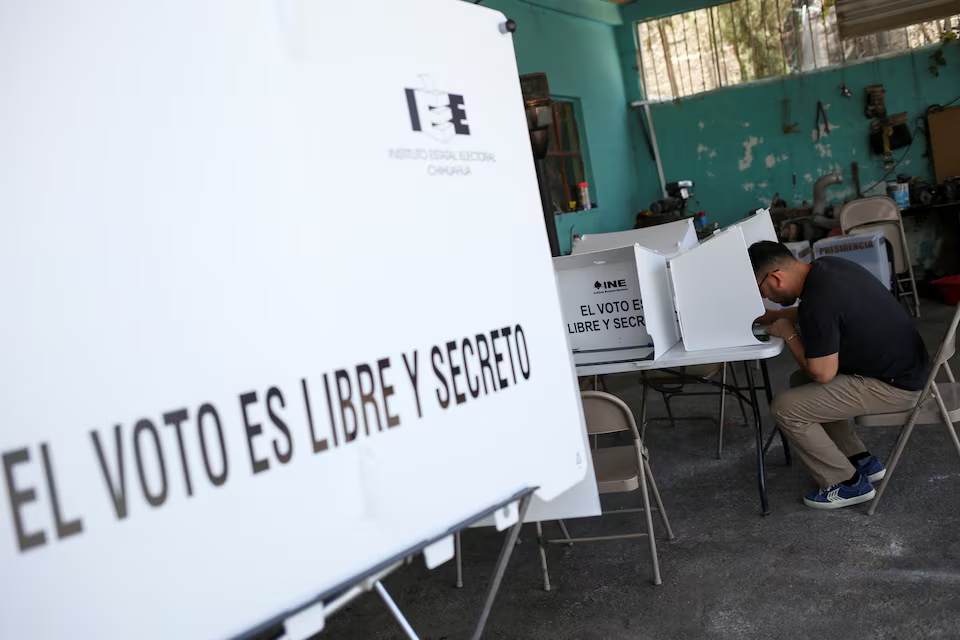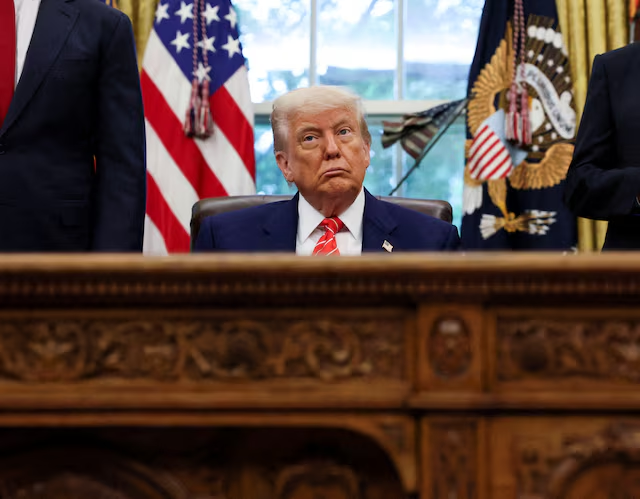Mexico’s first-ever public judicial election has recorded alarmingly low voter turnout, with preliminary estimates placing national participation at just 13 percent, according to the country’s electoral authority. The unprecedented election, held on June 2, allowed citizens to vote directly for Supreme Court justices and other high-ranking judicial officials—a dramatic shift from traditional appointment-based processes.
The National Electoral Institute (INE) released the figures a day after polls closed, noting that final certified numbers would follow in the coming days. If confirmed, the turnout figure would mark one of the lowest in Mexico’s democratic history, reflecting widespread public confusion, apathy, or skepticism toward the new judicial selection system.
President Andrés Manuel López Obrador, who championed the reform, framed the judicial vote as a historic step toward democratizing Mexico’s institutions and breaking elite control over the judiciary. However, critics argue the process lacked transparency, legal clarity, and meaningful public engagement.
Election observers and civil society groups cited several factors behind the low turnout: limited voter understanding of the judicial candidates and their qualifications, a short and underfunded campaign period, and general distrust in the judicial and political systems. Voters were asked to choose from lists of candidates—many previously unknown to the general public—without adequate debate or vetting processes.
Despite the low participation rate, López Obrador defended the reform in a press conference on June 3. “Even if only 13 percent voted, that 13 percent has expressed their will,” he said. “We are building a more participatory democracy, step by step.”
Opposition parties have criticized the turnout as a failure and called for a review of the reform. Some lawmakers have proposed suspending future judicial elections until a more robust and transparent framework can be implemented. “The people were not informed, not empowered, and not convinced,” said PAN Senator Xóchitl Gálvez. “This was not a democratic milestone—it was a missed opportunity.”
The election also raised concerns about judicial independence. Several candidates were seen as close to the ruling party, prompting accusations that the reform could politicize the courts rather than democratize them. International legal organizations have warned that the changes could undermine judicial impartiality by exposing judges to political pressure.
INE officials said the agency had done its best to conduct the election under tight deadlines and limited resources. Nonetheless, they acknowledged that the process highlighted significant flaws in voter education and civic infrastructure.
As the newly elected judges prepare to assume their roles, legal scholars and watchdog groups are urging the government to conduct a transparent review of the process and assess its long-term implications on the rule of law in Mexico. For now, the 13% turnout figure casts a shadow over what was intended to be a landmark democratic reform.
Source; Reuters



